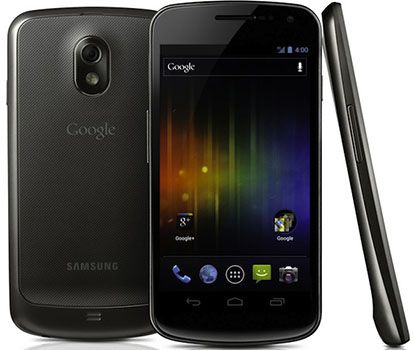- Qualcomm Launches Snapdragon 4 Gen 2 Mobile Platform
- AMD Launches Ryzen PRO 7000 Series Mobile & Desktop Platform
- Intel Launches Sleek Single-Slot Arc Pro A60 Workstation Graphics Card
- NVIDIA Announces Latest Ada Lovelace Additions: GeForce RTX 4060 Ti & RTX 4060
- Maxon Redshift With AMD Radeon GPU Rendering Support Now Available
Should Cheap Android Phones be Avoided?
As a big Android fan, an article posted earlier at TechCrunch called “Please Do Not Buy Cheap Android Phones” drew me in like few other articles could. I felt like I understood what was being discussed before I even looked at it; a bit of the “you get what you pay for” medicine. And as it turns out, that’s just about what the article is. But whether or not the article’s sole purpose was to stir up the community doesn’t matter, because there’s a lot to evaluate here with this subject.
Last week, Techgage’s Senior Editor Brett Thomas posted an article called ‘Building the Right Box‘, and in it, he explained the reasons why it’s never that wise to skimp on components. In gist, when building a PC, there are many occasions where spending a bit of extra dough will pay off handsomely in the end. Key components include monitors, chassis and most importantly, power supplies. Where phones are concerned, not much is different.
Author Matt Burns implores people to spend more on their phone, up to $200 more. He even admits that he’s a bit of a “dick” by recommending it, and while message does come off a little wrong, a couple of good points are made. He notes, “Why get something like this lump, the $80 (after rebate) LG Lucid, and live with a bargain phone that will likely be shortly abandoned and destined to live without proper updates. You’re setting yourself up for a bucket of fail.“

That particular thought is something that has bothered me greatly about Android. It all boils down to fragmentation. A company such as HTC might release 10 or 15 Android-based phones each year, and while that makes it seem like there’s a good selection, what it really means is that there are going to be a couple phones that are kept up-to-date for the following two years, while the rest will pretty much leave the company’s mindset months after release. How many of you have ICS on a 1+ year old phone? Exactly. Companies such as HTC, Samsung and others just don’t want to support a huge collection of phones at once, despite it being their own fault that the problem exists.
One point the article doesn’t make is that some people just don’t care about updates or don’t have great phone needs to begin with. If all you do on your phone is check e-mail and Facebook, any Android phone is going to be suitable enough for that. But if you’re a power user who loves using cutting-edge software, you’re going to be setting yourself up for disappointment if you buy a generic model.
This problem is the main reason I have no interest in updating my two-year-old HTC Legend. I am about as patient as they come when it comes to phone upgrades, because while I use my phone often, I don’t rely on it nearly as much as others. I don’t want to risk purchasing a phone that a company ends up ceasing support for right away, or feels out-of-date immediately. And if I want to score a phone cheaper by getting wrapped into a contract, I want to make sure I don’t regret the decision later.
I’m not big on the iPhone for various reasons, but there’s a good reason that it’s highly-regarded. Apple doesn’t offer a “cheap” iPhone… all of them released to date have been “top-of-the-line” at their respective launch. That means that few people ever have a bad iOS experience. It also means that a lot of people who can’t afford the iPhone just don’t have one, and that’s where these cheapo Android phones come into play.
The general consensus of Android phones is this: if you just don’t care, get a cheapo Android phone. If you care at all about using the latest apps, having the best speed and want something that the company will actually support for a while, the latest highest-end model is going to be your best choice. Of course, this is all up for debate.




